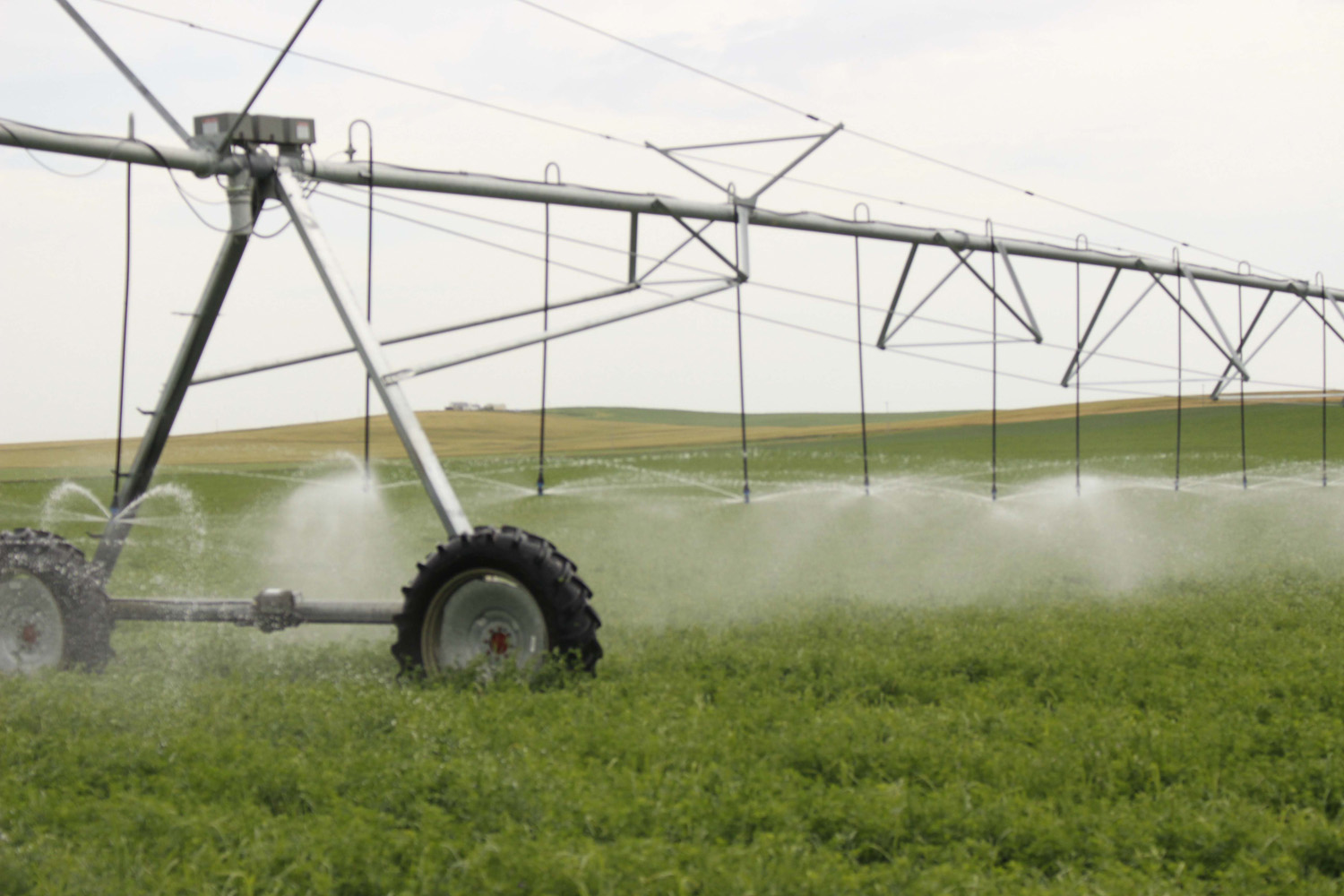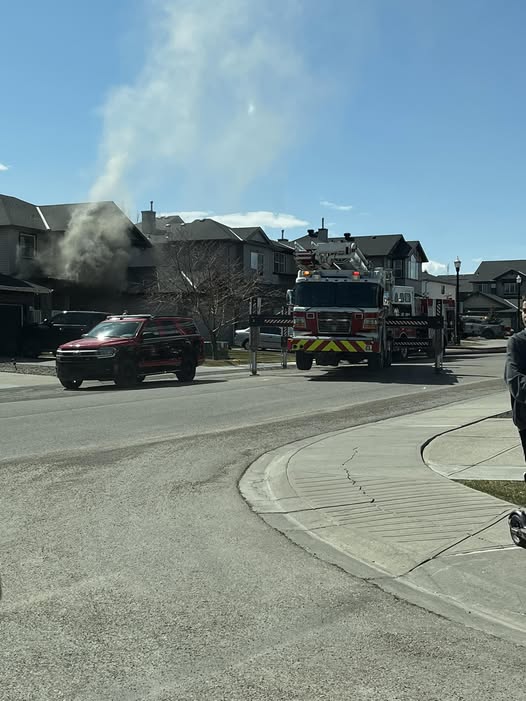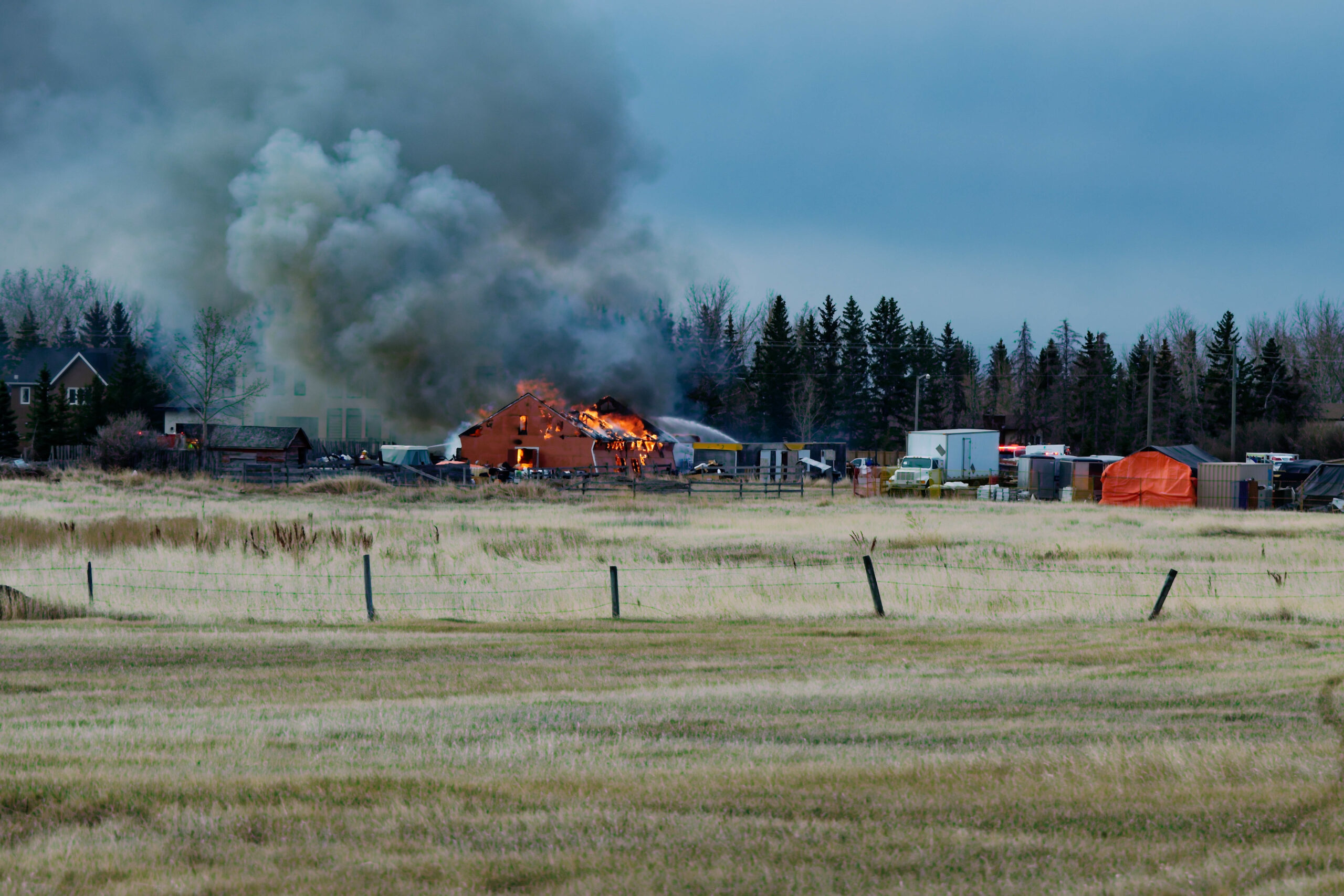The government of Alberta announced an $815 million investment on Oct. 9, which will modernize irrigation infrastructure to create jobs, expand agriculture production, and diversify value-added food processing.
The combined investment between the government of Alberta, the Canada Infrastructure Bank (CIB), and eight irrigation districts is anticipated to create up to 1,300 immediate construction jobs, with an additional 6,800 permanent direct and indirect jobs.
“This historic investment in irrigation infrastructure will create thousands of jobs and support Alberta’s economic recovery while strengthening our competitive advantage. Agriculture is the beating heart of Alberta’s economy and as global demand for agri-food products continues to grow, our producers and irrigation districts will be better positioned to meet that demand for generations to come,” said Premier Jason Kenney.
“We’re here to celebrate a good news day, that is much needed for Alberta’s economy, for jobs, and especially for Alberta agriculture, which is an important part of our history and our identity but also our future,” he said.
Adding, “In this tough year, agriculture has been a real bright spot.”
Projects will focus on increasing water conveyance efficiency and allowing more acres to be irrigated with the same amount of water.
Modernizing and building new irrigation infrastructure will increase irrigated acreage, increase primary crop production, improve water use efficiency, increase water storage capacity, enhance water security, and provide flood protection to support long-term value-added processing activity.
“This investment is both a tremendous source of good jobs, that are desperately needed right now and a slam dunk for growth in one of our economy’s most important industries,” Kenney said.
“This is a historic day, for the Western Irrigation District (WID) and irrigated agriculture. A generational investment is being made to ensure the productivity and stability of Alberta farms long into the future. With this funding, we will expand irrigation, increase water efficiency and make the service we provide to our water users even more secure,” said the WID Board Chair, Dan Shute.
“A generational investment is being made in irrigation that will ensure productivity on our farms and in our fields continues to grow long into the future. With this collaboration, we will be able to improve service, expand irrigation and save water sooner,” he said.
“We will expand irrigation while increasing water efficiency. And with the savings we gain by becoming more efficient, we can make the service we provide to our water users even more secure,” he added. “Installing pipelines and modernizing canals with long-lifespans will benefit future generations of Alberta food producers and ensure the infrastructure required for stable and secure food production for many decades to come.”
Alberta taxpayers will be investing directly $245 million into the renewal of irrigation infrastructure, the irrigation districts will finance $163 million, while the CIB has agreed to support the investment with a loan of $407.5 million to the irrigation districts.
“The irrigation districts are a fantastic example of the Alberta community spirit. Folks that came together decades ago, cooperatively to solve a big problem, they had great land, great sunshine, but not quite enough water to be as productive as they could be, to move into cash crops, to diversify, and to deal with dry years,” Kenney said.
“The grandparents of today’s farmers decades ago decided to come together initially with support from Alberta’s government to build one of the most successful irrigation agriculture operations on earth,” Kenney said.
Adding, “It’s gone for too long without renewal, without new capital investment, and this investment today is not just good for jobs in the economy, not just good for farmers and food processors, it’s also good for the environment because we’re going to be taking open-air irrigation canals and burying them in pipes that will improve water retention and conservation.”









